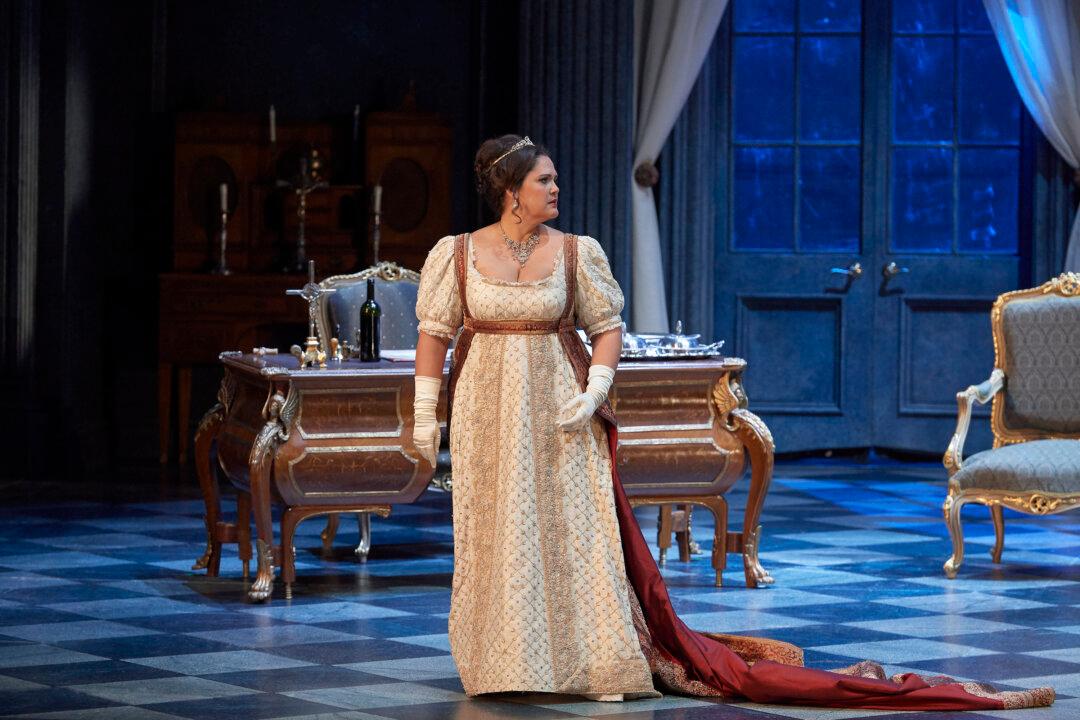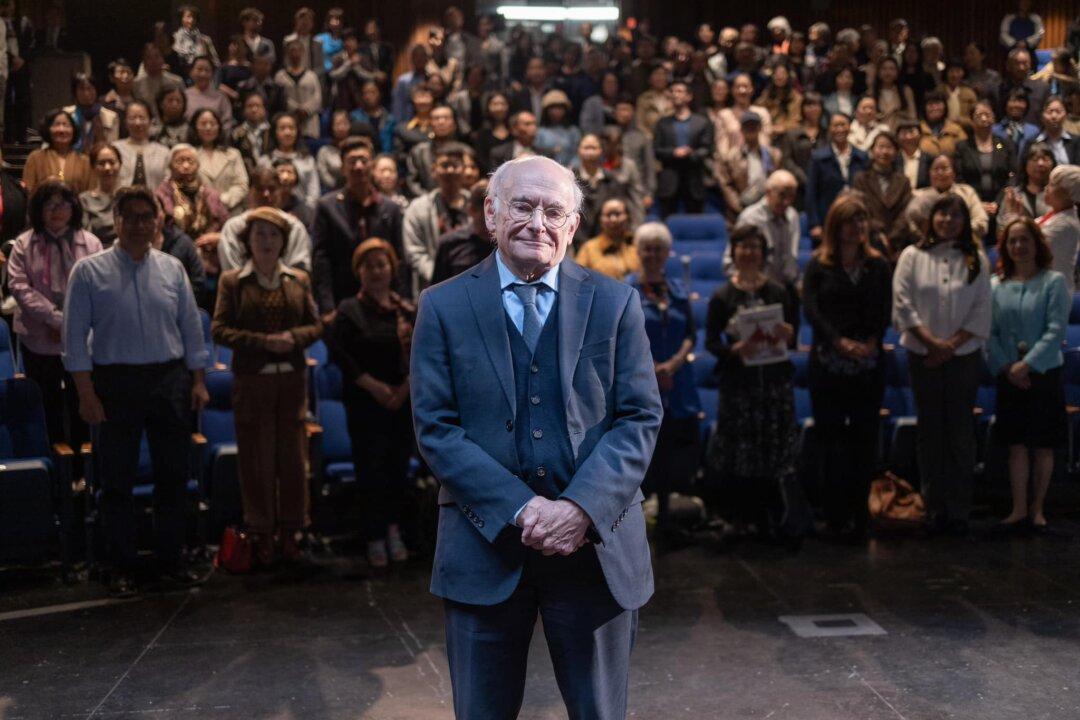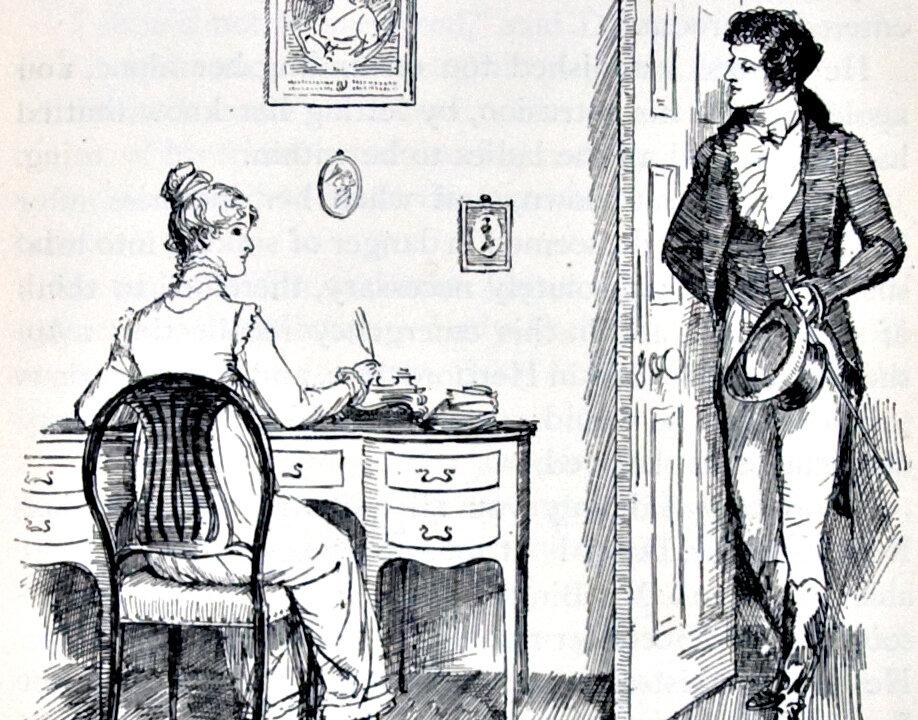There's something about it that speaks to my life, my heart, my emotions.
Singing the coveted role of Floria Tosca
Everyone can relate to Puccini's 'Tosca,' says soprano Keri Alkema

Keri Alkema as Tosca in the Canadian Opera Company’s production of Tosca, 2017. Michael Cooper
|Updated:




